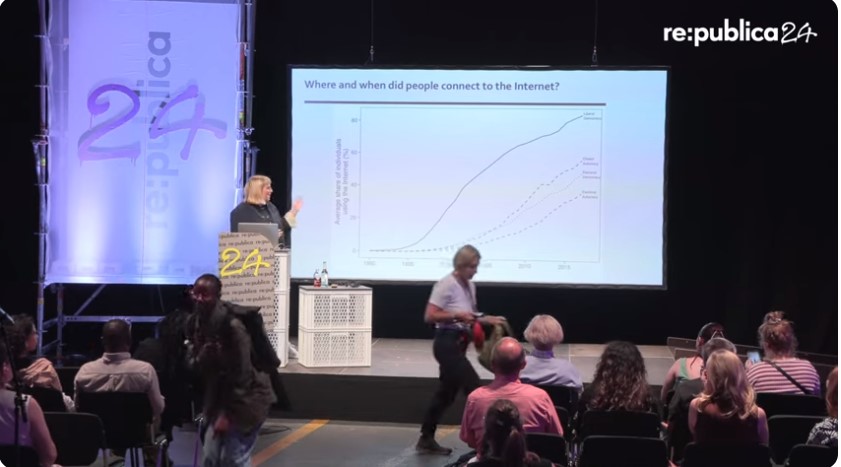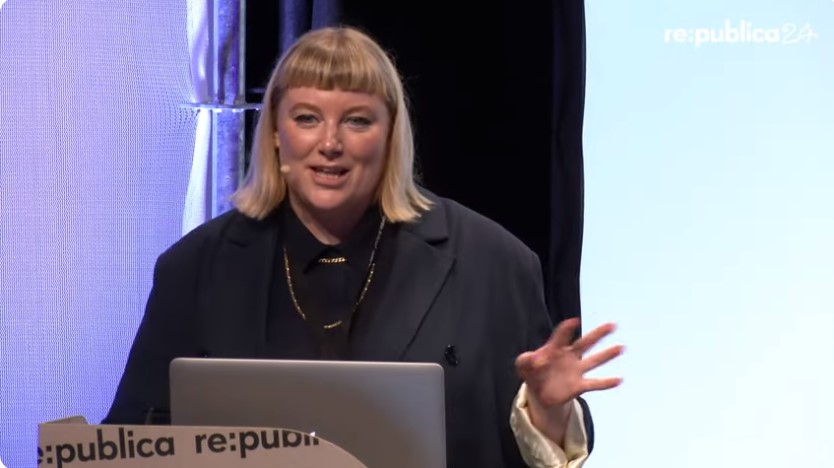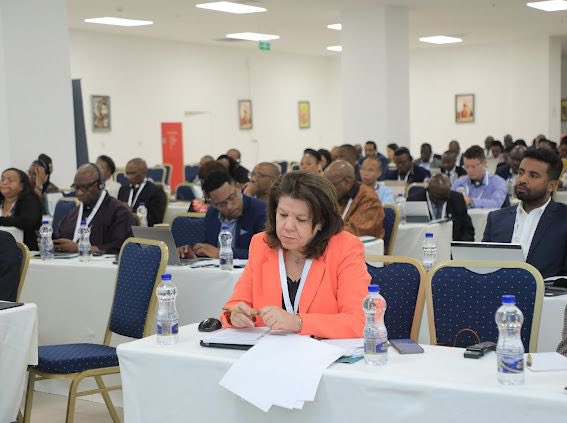One of the acts of ‘repressive’ governments globally that has lately come under increased scrutiny of rights watchdogs is the rise in shutdowns — full or partial — of the World Wide Web.
For the first time in nearly seven years, the number of internet shutdowns rose to a record 283 last year, from some 201 incidents in 2022, reports Access Now, a digital civil rights organization that monitors global internet censorship.
There are concerns over further occurences with more shutdowns being reported this year, including in Comoros and Senegal over the past few months while at least six other African countries are on the watch list as they go to polls soon.
But what’s fueling this rise, and why does this archaic tool of repression remain fashionable and widespread despite the proliferation of a wide range technologies, including sophisticated ones, used for propaganda and surveillance that target largely opponents and journalists?
“Everything that used to be done in the traditional kind of autocratic state can now be done with basically one order to an internet service provider. Repressive regimes find it [shutting down internet access] cheap. It’s fast, effective, and it is much less resource intensive and much more centralized than traditional forms of censorship,” observes Anita Gohdes, author of the recently published Repression in the Digital Age: Surveillance, Censorship, and the Dynamics of State Violence.
Also read: Africa: Media fraternity key asks to Govts on freedoms
The Professor of International and Cyber Security at the Hertie School in Berlin, Germany shares that it’s extremely worrying that States are still very interested in shutting down the internet.
“And what’s even more worrying is that we’re seeing that internet shutdowns are occurring alongside violence,” she told delegates at recently-concluded re:publica, one of the world’s largest forum on digital culture held in Berlin.

Neither the rise in adoption of spywares like the infamous Pegasus nor the use of Artificial Intelligence (AI) to engage in systematic propaganda and identify people in facial recognition could stop States from effecting shutdowns, it has emerged.
In most instances, shutdowns happen across an entire country. They could affect a particular city or part of the country, and to all or specific internet service providers. The above becomes easier in places where governments have de-facto control over digital infrastructure.
In many cases, governments have justified shutdowns as means to quell protests and violence. But rights groups and experts say these reasons are phony if accounts of what happened during and in aftermath of past shutdowns are anything to go by.
Insights shared at the recent conference in Berlin point to the fact that shutdowns are part of broader repressive campaigns aimed at stifling the amount of information that leaves the country as State agents engage in killings, arrests and searches and other atrocities.
Accountability
Besides, the communication blackout is exploited to hide atrocities and impede accountability.
As documented by Amnesty International, horrors of this nature played out in internet shutdowns in Iran, Ethiopia, two countries that rank among repeat offenders of internet shutdowns.
With internet shutdowns came the shoot-to-kill spree and arrests by security forces, silencing of relatives and friends of the victims. Very little information came out about what was happening within the country, and the blackout helped hide the identities of the perpetrators.
“Up to now we don’t know the details of what exactly happened, and it could take time to establish the extent of the atrocities that were committed. People and rights groups generally depend on the internet to document and share what’s happening. So that’s risky in absence of the internet because no one would want to be found with such footage on their gadgets,” shares an Addis Ababa-based digital right activist who spoke on condition of anonymity.
Rights groups and policy analysts generally call for support to help civil society organizations coordinate to not only document abuses that occur when the internet is shutdown but also to use strategic litigation to get governments to stop engaging internet censorship.
In particular, Ms. Gohdes advocates for durable digital infrastructure beyond States or private monopolies which decide who gets access and who doesn’t.
Also read: Why data-hungry Facebook woos Africa with ‘goodies’ and what’s at stake










